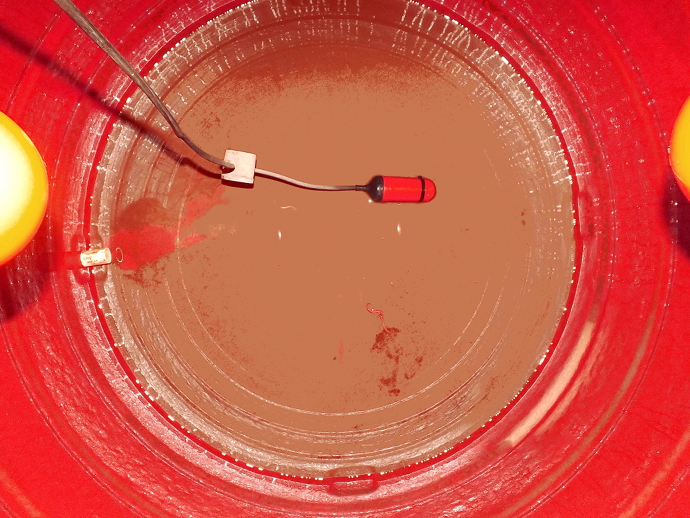The next government that will be sworn in on July 1 will have its hands full with economic problems and a very complicated political scenario. Archive photo — down to the bottom of the tank — by Eric Jackson.
No prospects for change in Panama
by Marco A. Gandásegui, Hijo
Panama has not been able to overcome its deep dependence on the world economy. In August it will be 500 years that the isthmus has been systematically looted by the imperial powers. The foundation of Panama City marks the moment at which the Spanish crown sealed this country’s fate. Since then its inhabitants have fought to break the chains that keep them in a dependent situation.
Even though it has run the canal since 2000, the country’s economy remains vulnerable and social problems grow huge with the passage of time. President Juan Carlos Varela (2014 – 2019) promised reforms and various projects, which didn’t happen. Varela surprised everyone when he announced that his government would establish diplomatic relations with the Peoples Republic of China. The business prospects and the projected investments delighted the business sector.
Panama’s incorporation into the Chinese New Silk Road project is seen with optimism. The isthmus would be the “hub” connecting Latin America and China. Those dreams were suddenly cut short after the visit of the US Secretary of State, Mike Pompeo, who ordered Panama to slow down the negotiations with Beijing.
The handover of the Panama Canal by the United States to the Panamanian government in 2000 and the expansion by adding new locks (2006-2014) represented a major economic stimulus. The Gross Domestic Product grow rate was more than 10 percent for several years. Despite the entry of foreign currency from canal operations into the national treasury – $6 billion per year – the Panamanian economy began a downward spiral in 2015. Experts predict a GDP growth of less than five percent in 2019 (still among the highest growth rates, if not the highest, in the region).
During the last three presidencies, the economy multiplied tenfold, thanks to the Panama Canal. This growth, however, left the social sector behind. Education, health care services and jobs were ignored and collapsed. The country’s enormous income was poorly administered and corruption oriented public policies in the wrong direction.
Panama’s prevailing service economy – since colonial times – favors investments in non-productive sectors. The industrial and agricultural sectors, despite the country’s growing economy, have stalled or even shrunk. Those productive sectors, which generate added value, are those that drive education and health services as well as public safety, job creation and investments in innovation.
The political structure that has privileged the service sectors, since the construction of the Panama Canal in the 20th century, has served to turn Panama into a financial center where big US and British corporations guard their legal and illegal proceeds. Even though the revenues for Panama are small, the fortunes that seek refuge in such tax havens are monumental. Various Panamanian law firms specialize in finding safe destinations for properly or ill gotten wealth. The politics of the countries from which these fortunes originated changed in the 21st century and they began to demand that their corporations not ‘hide’ them in foreign countries. To legitimize their policy change, they created the Panama Papers scandal. All the ills were cast upon Panama (and not even to the country’s banking interests). The OECD countries came out as if they were clean.
The next government that will be sworn in on July 1 will have its hands full with economic problems and a very complicated political scenario. The winner will try to maintain the same course as the present and prior administrations, a policy open to foreign investments without planning or regulation. A lot of attention will be paid to Chinese projects, but closely following US instructions. In addition, it will continue with deregulation policies in worker-employer relations, in the price system of consumer goods, as well as in the agricultural and industrial sectors. Above all, it will use the means available to it to suppress any popular demand that involves reducing the cost of living (price of food and medicines) or the creation of jobs.
There are no prospects for change in Panama.
These links are interactive — click on the boxes












